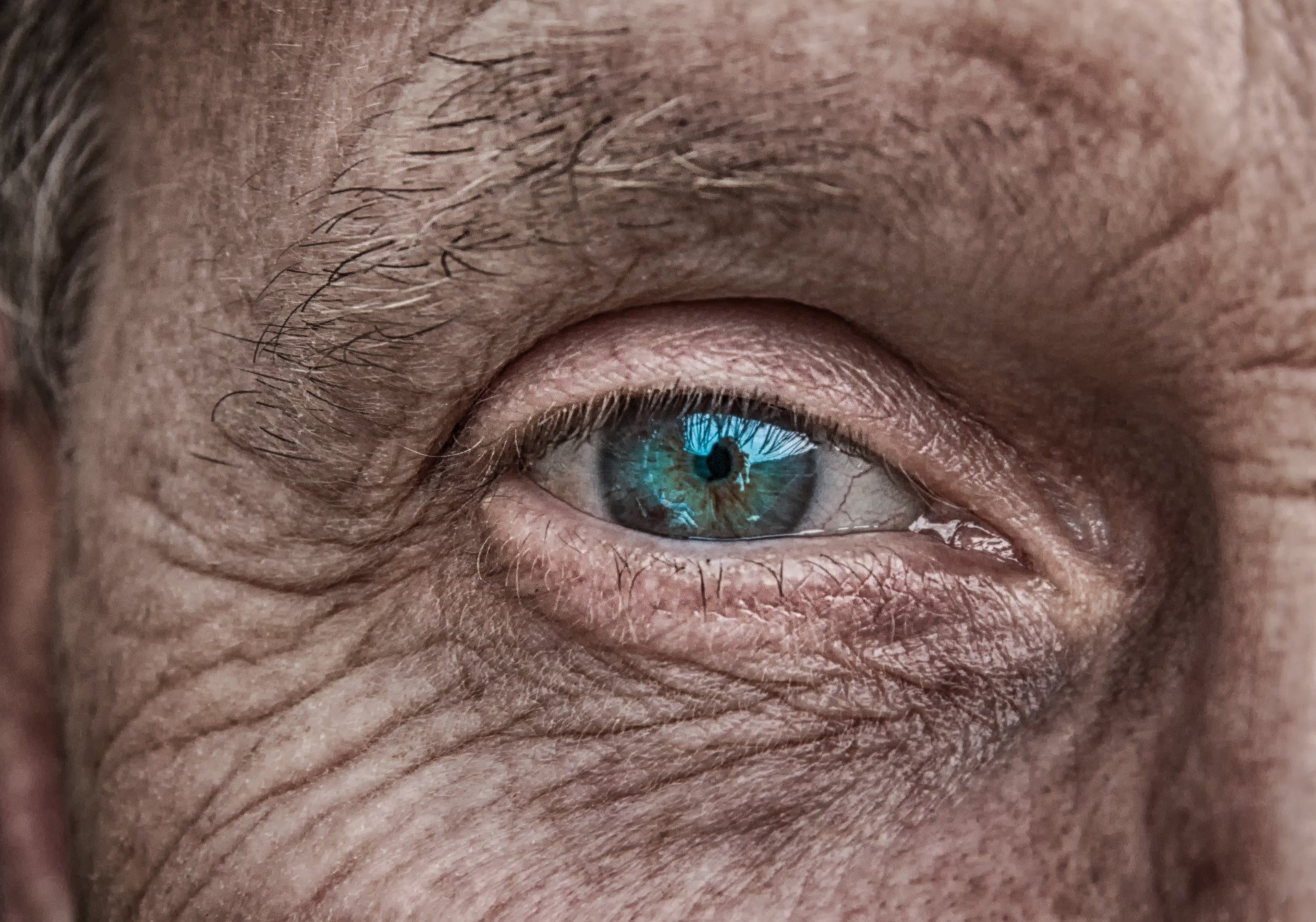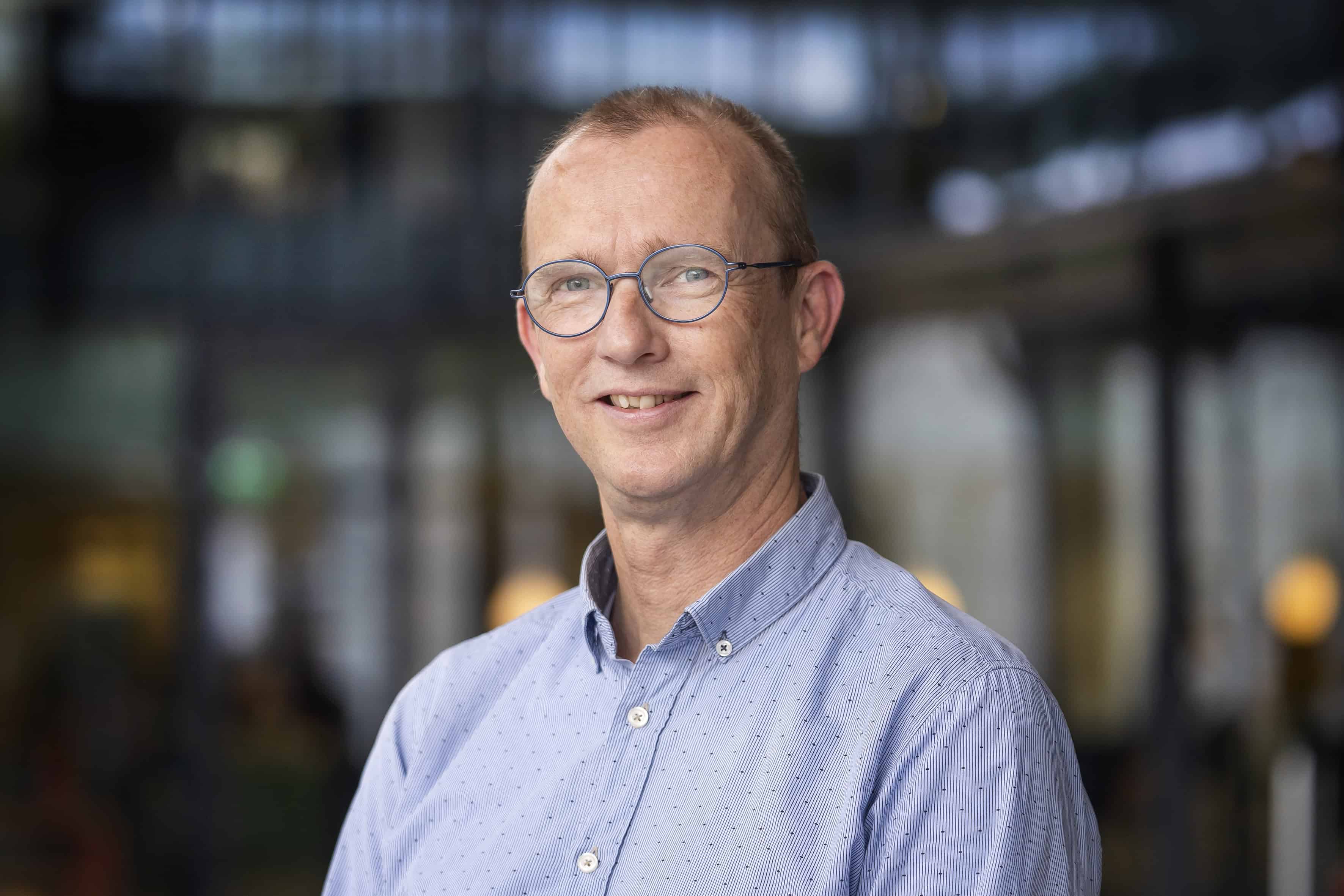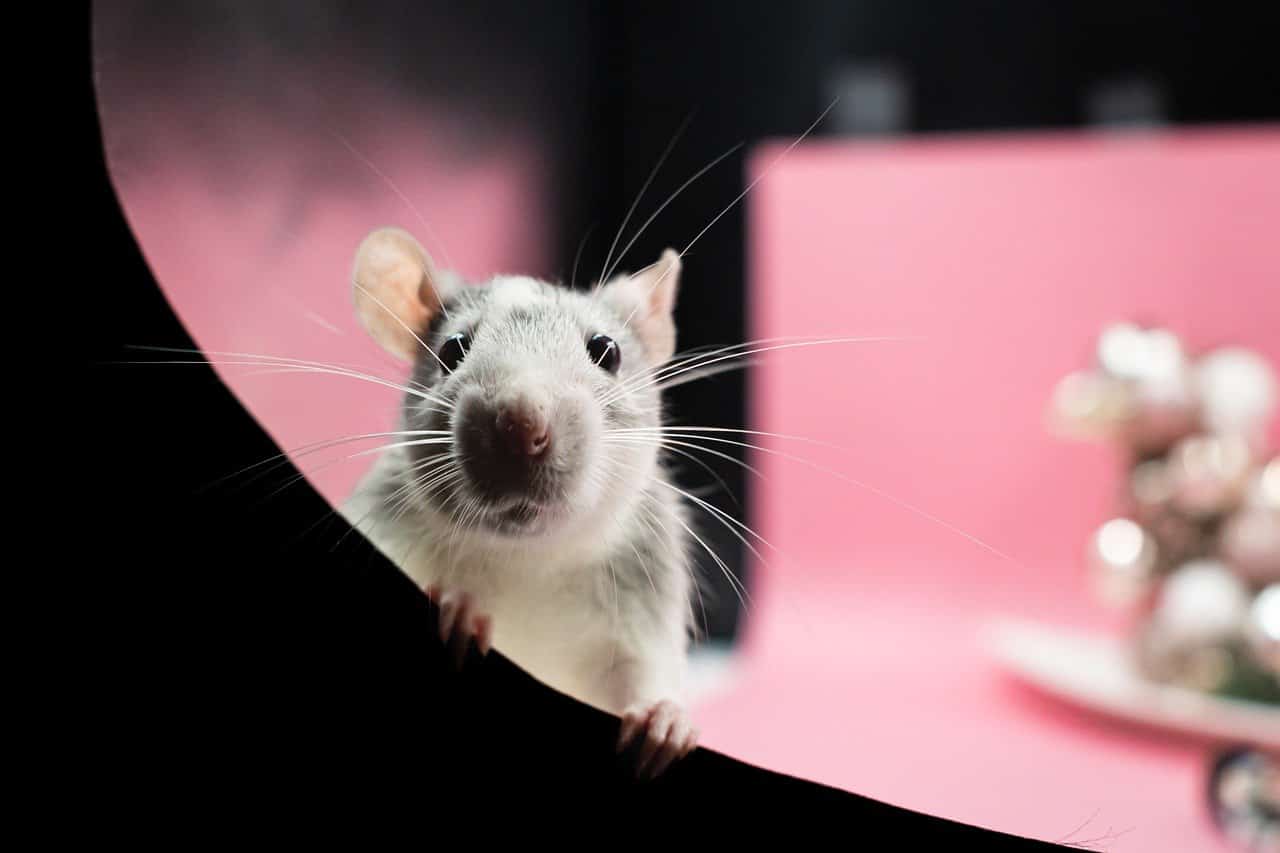
Cancer remains one of the leading causes of death in the Netherlands. Fortunately, researchers are making a lot of progress when it comes to effective therapies. Bauke Albada and his colleagues at Wageningen University & Research (WUR) are working on a groundbreaking technique that better navigates antibodies, substances that attack cancer cells, to a tumour. “This way, we save healthy tissue and avoid unwanted side effects,” says Albada.
Why you need to know this:
Research into innovative antibody technologies is essential for reducing side effects and improving the effectiveness of cancer therapies.
A passionate atmosphere thrives in WUR’s laboratories. Bauke Albada, associate professor of bio-organic chemistry, and his team are busy developing an innovative technique in the fight against cancer. They have received a grant from the Open Technology programme of the Netherlands Organisation for Scientific Research (NWO). In a collaboration between WUR, Radboudumc and a consortium of companies, they are looking at natural and modified antibodies. These play a crucial role in the body’s defence response against cancer because they can bind to cancer cells or to substances secreted by cancer cells.
Right place in the body
Getting these antibodies into the body at the right time and place is essential. However, with regular cancer therapies based on antibodies, this is not always the case. With the grant, the researchers can now improve these therapies. Albada: “The main goal of the research is to prevent antibodies from ‘sticking’ to healthy tissue along the way and better navigating to cancer cells. This way we spare healthy tissue and avoid unwanted side effects. Moreover, as we improve the efficacy of the therapy, the dose can be adjusted.”
In more detail, WUR and Radboudumc are looking at so-called stealth antibodies, or, antibodies that have been modified and can be selectively activated in the tumour microenvironment. WUR makes the desired constructs, in Nijmegen they are tested to see if they show the desired activity. It is complex research. Yet Albada knows how to explain it pictorially. “You could say that we develop a kind of ‘umbrellas’ to put on the antibodies. The antibodies go through the body like spies. Only when they arrive at the place they need to be, they throw off their umbrella. They then turn off the cancer cells.”
Currently, Albada and his colleagues are investigating different ways to get the antibodies to the right place in the body. “In the lab, we can test as many as 50 different ways. For example, we work with toxins, but also with components that activate the immune system. This involves putting the body itself to work.” The team is also investigating which uncoupling mechanisms work best. After all, once they arrive at the site, the antibodies have to detach from their umbrella. Albada: “Can we just cut the stick, or is that not desirable? We need to find answers to questions like that.”

Unique approach
The research is innovative. Although the ‘umbrella technique’ has been studied before, there was much room for improvement. “Our predecessors took a biological approach. Instead, we work with synthetic biomolecules, which ensures that the process is optimal. With our method, we can make and test another new variant within a month. This allows us to continue working efficiently should we run into problems with any of our variants. And I certainly expect there will be those problems. After all, that’s part of doing research.”
Bringing it to practice
Ultimately, Albada wants to identify five effective candidate therapies. “Then we need to see them built onto an antibody that we have not genetically modified.” Part of the studies will be conducted at biotechnology companies Synaffix, Genmab, and EnzyTag, which WUR researchers have worked with before. “It is a valuable collaboration that also allows us to implement our new findings in practice, which, by the way, is also an important condition for obtaining the grant.”
Although it is too early to say for sure, Albada is optimistic about a possible breakthrough. “I definitely foresee new opportunities. Ideally, we will end up with a new method that will be of interest to many pharmaceutical companies.” Should that be the case, the research could lead to better treatment options for many patients.








